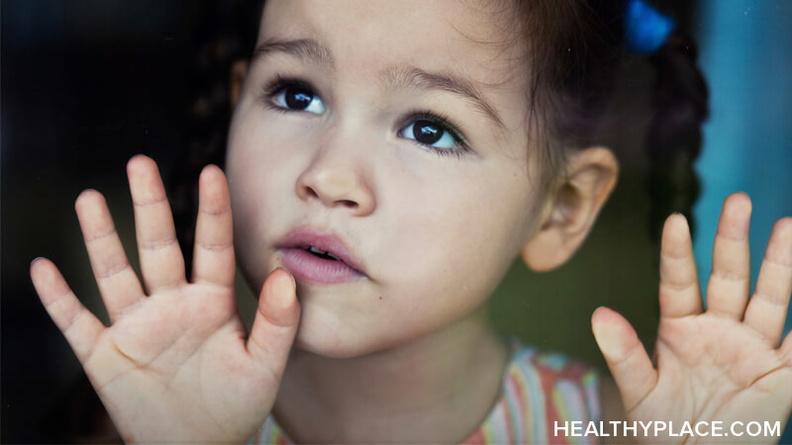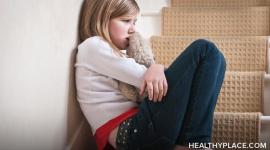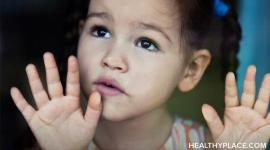Helping Your Sexually Abused Child Cope

A look at a child's behavioral changes as a result of being a victim of sexual abuse.
Behavioral Changes in Your Sexually Abused Child
Behavioral changes as a result of your child's sexual abuse experience are to be expected. These changes are normal responses to a highly stressful experience, even though that experience has stopped because of disclosure. Children have limited verbal skills in expressing their stress; therefore most children will express their distress through their behavior.
Professionals refer to behavioral difficulties or symptoms exhibited by your child immediately after disclosure as the "immediate or short-term effects" of sexual abuse. Children also suffer "long-term effects" from sexual abuse. The majority of professionals define long term effects as behavioral difficulties and symptoms experienced by a child victim up to two years after disclosure.
How Seriously Will the Sexually Abused Child be Affected?
Children are affected by their sexual abuse experience in different ways and at differing degrees of severity. The following are some of the factors that will influence the degree of severity of the sexual abuse on your child:
1) Support and belief by parents and significant other adults is the most significant factor that can reduce the negative impact of sexual abuse. When a parent/child relationship is relatively healthy and positive, the negative impact is reduced for the child victim.
2) A child's own internal coping resources will impact the effects of sexual abuse. For example, if a child is stress-resilient and has not had any other serious life stressors there could be a reduced negative impact. When children have already experienced life stressors, such as physical abuse and domestic violence, their self-esteem and resiliency is already lowered and they face even greater difficulties from the additional stress of sexual victimization.
3) The child's age and developmental level influence the impact of sexual abuse. Generally, professionals believe that the younger the child's chronological age or the younger the developmental stage of the child the more serious the negative effects. Also, girl victims appear to process the effects of their sexual abuse differently from boy victims. For example, boys are more apt to act out their anger about the abuse, where girls are prone to hold their anger inside and direct it at themselves.
4) Children who have a trusting, parental type relationship with their perpetrator appear to feel the effects of sexual abuse more seriously than children who were sexually abused by a baby-sitter or non-family member. Related to this relationship factor is denial by the child's perpetrator. For example, if a child has a close trusting relationship with their perpetrator who denies the sexual abuse, that child will suffer a more negative impact than when the perpetrator acknowledges and takes responsibility for the sexual abuse.
5) When physical abuse, threats or intimidation accompany the sexual abuse, children appear to be more seriously affected.
Sources:
- Dane County Commission on Sensitive Crimes
APA Reference
(2022, January 11). Helping Your Sexually Abused Child Cope, HealthyPlace. Retrieved
on 2026, January 13 from https://www.healthyplace.com/parenting/abuse/helping-sexually-abused-child-cope



